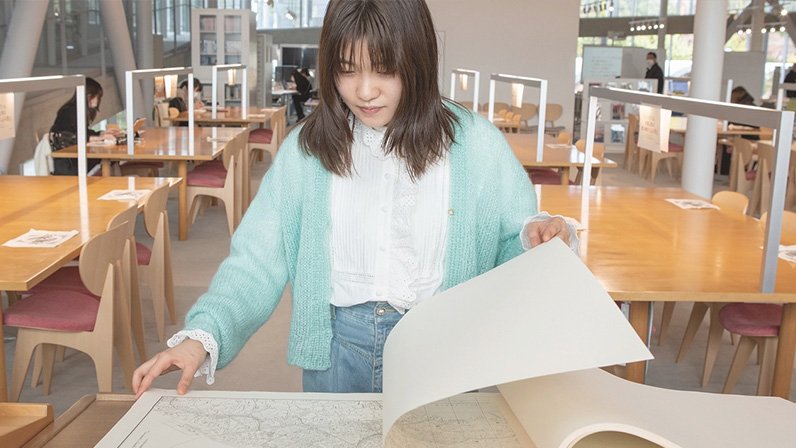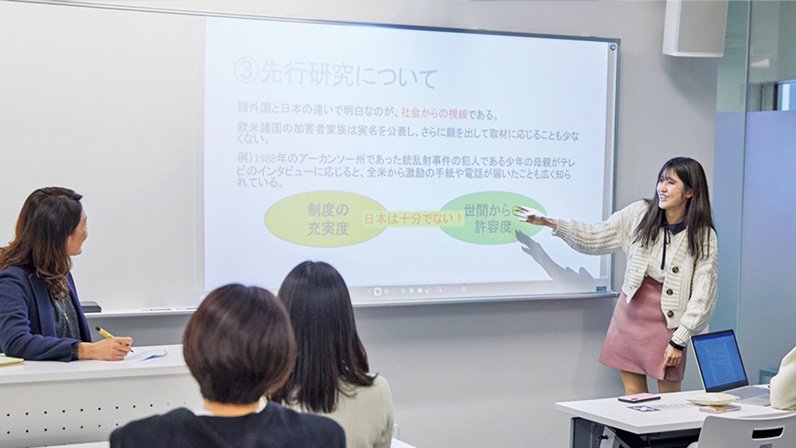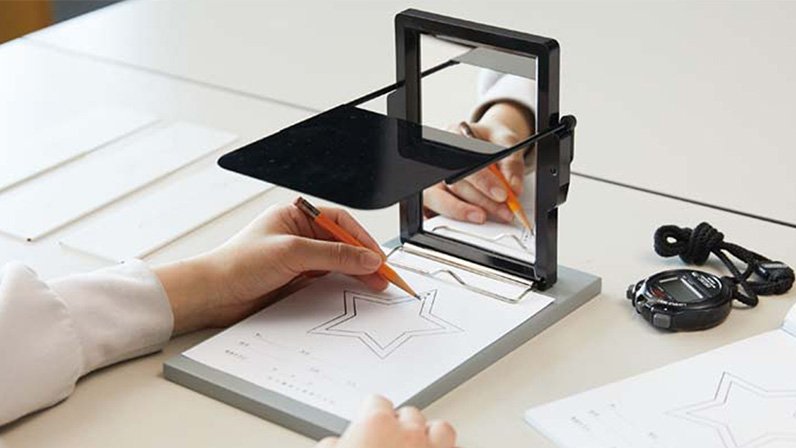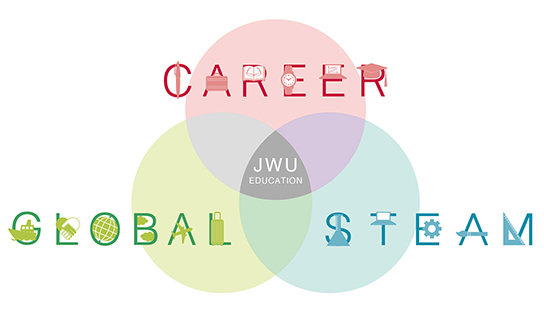We develop people with high humanity who can deal with educational issues and modern social issues.
The Department of Education seeks to understand human development throughout the lifespan based on a wide range of basic knowledge and deep expertise in pedagogy, and to explore educational practices and solutions to various issues, from multifaceted perspectives. The department also aims to nurture individuals who can collaborate with a diverse range of stakeholders to proactively promote the transformation of current society and the creation of a sustainable society with education at its core, from the aspect of educational communication.
Features of the Department
Learning about education from the social science perspective as well
In addition to the curriculum for obtaining a teaching license, the department offers subjects in the fields of psychology and sociology in order for students to understand the mechanisms of human development and formation. Students will also examine the relationship between education and contemporary society, such as lifelong learning, international cooperation and multiculturalism.
Students take seminar-style classes from their first year. Qualifications are also encouraged.
In the first year, students learn basic concepts for university study, how to use literature and write reports, and experience small-group exercises. The department offers a full range of learning opportunities, such as school internships, information processing exercises and teacher preparation courses for teacher employment examinations.
Graduates are active in various fields, such as fields of education
More than 90% of students in the Department of Education obtain a teaching license and most of those who successfully complete a teacher recruitment examination become teachers immediately after graduation. Furthermore, our graduates are actively engaged in many fields, including private companies, government agencies, NPOs, and local communities, making the most of the “human development learning” provided by the Department.
Four years of study at the Department of Education
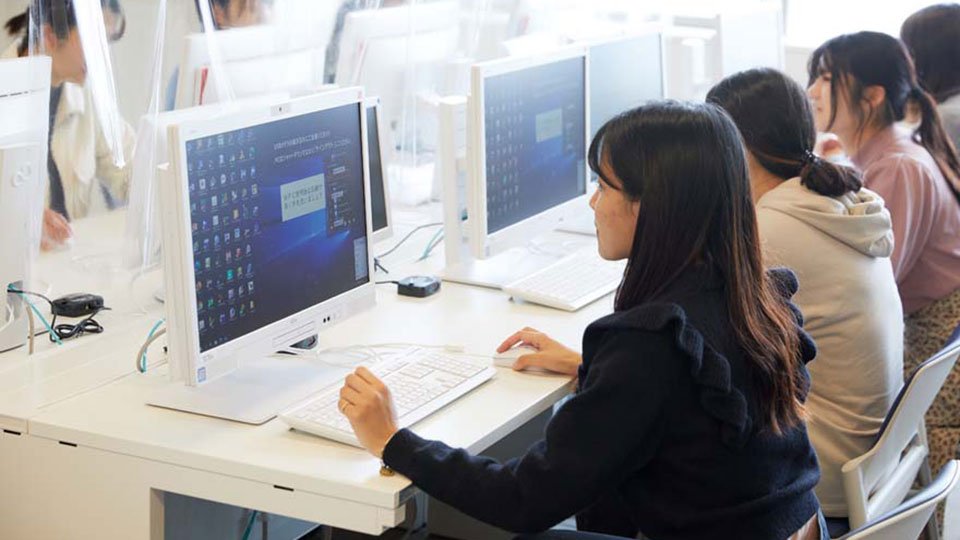
First year: Learning the basics of pedagogy in the "Educational Research”
Through the small-group "Educational Research (seminar)” and others, students will carefully study the basic concepts and methodologies of pedagogy.
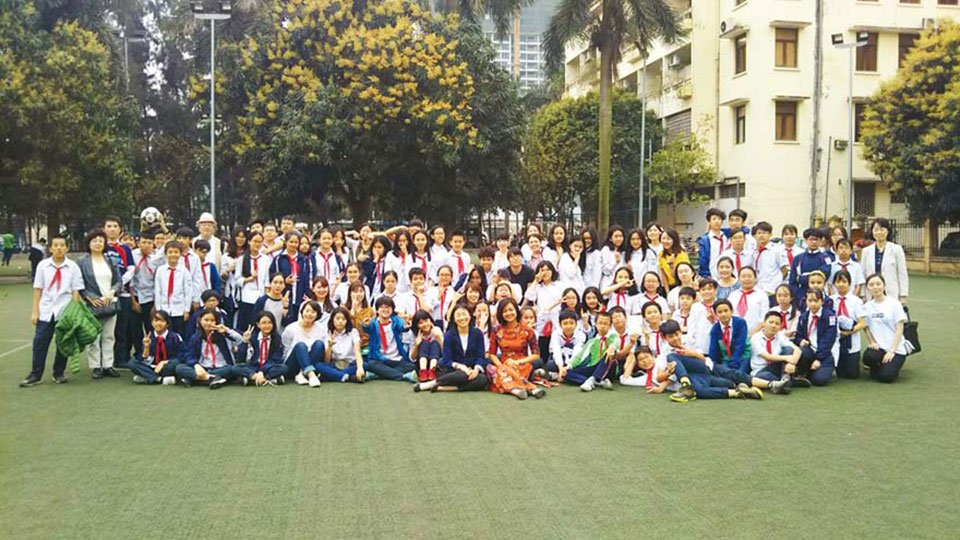
Second year: Taking specialized subjects and determining their own direction
Based on the basic skills acquired in the first year, students will take specialized subjects in the Department. Each student will determine the direction of his or her own learning.
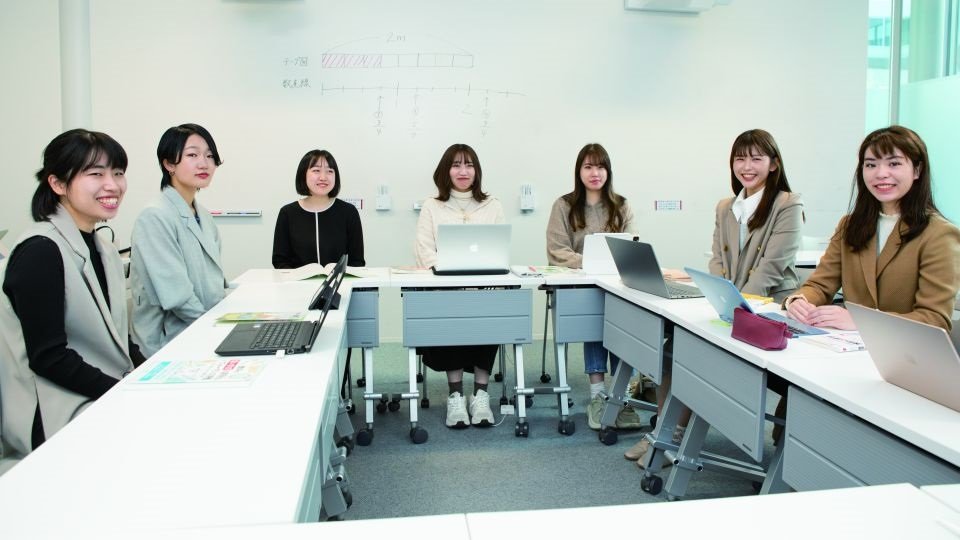
Third year: Deepen your specialized area of interest in a graduation study seminar
Students will belong to a graduation study seminar and deepen their specialized fields of interest. In the teacher training course, students begin practical training at schools.
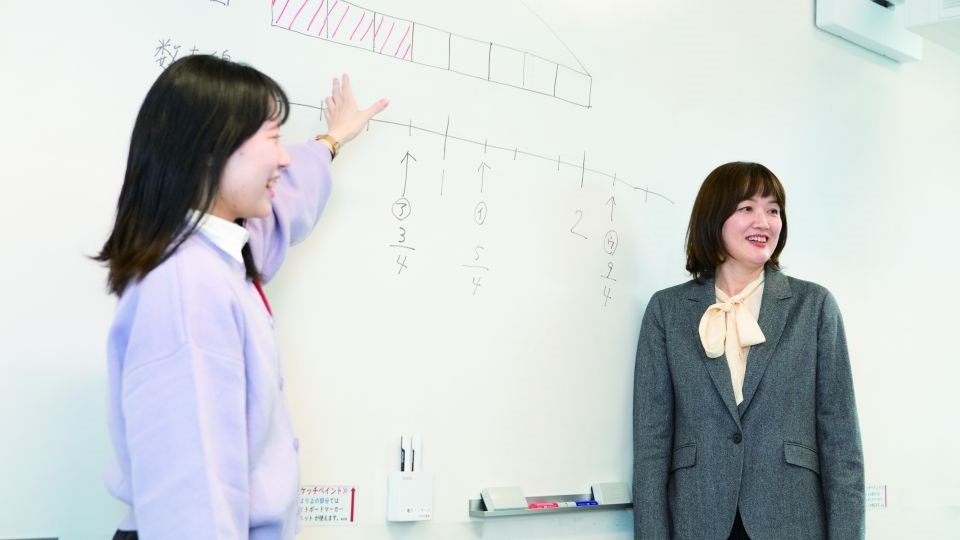
Fourth year: Mastering a specialty and writing a graduation thesis
Students will write their graduation thesis as the final stage of their four years of study. Through careful individual guidance, students will be able to thoroughly work on their research.
Class introduction
Seminar for ICT Education (available from the second year)
As ICT rapidly integrates into schools, it's essential to hone modern teaching skills and find your own unique approach to education.
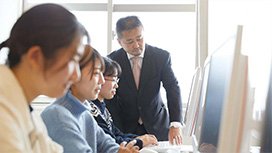
Associate Professor
Educational technology, educational information network
Nowadays, the development of ICT environments in educational settings is accelerating. However, many current students have not had the opportunity to participate in classes utilizing these technologies. The "Seminar for ICT Education" aims to remedy this by providing students with hands-on experiences with a variety of cutting-edge tools. This direct engagement helps to dismantle the misconceptions that "ICT and programming are challenging" or "traditional teaching methods are adequate," allowing students to recognize the fundamental benefits of ICT. It moves beyond the simplistic binary judgment of ICT as good or bad, equipping students with the skills to choose the most suitable approach for each unique situation.
The class is conducted in a workshop format, where students actively engage with various tools and methodologies. While exploring these, they will consider the advantages and disadvantages of each, discussing in groups how they can be applied to different teaching contexts. This facilitates an active learning environment, encouraging collaborative discussion and practical application of ICT in education.
ICT advances every day. After graduation, it is my hope that students will continue to utilize the communication skills they have honed in this class and keep their thinking current.
Faculty member introduction
Faculty members with a wide range of specialties provide education.

